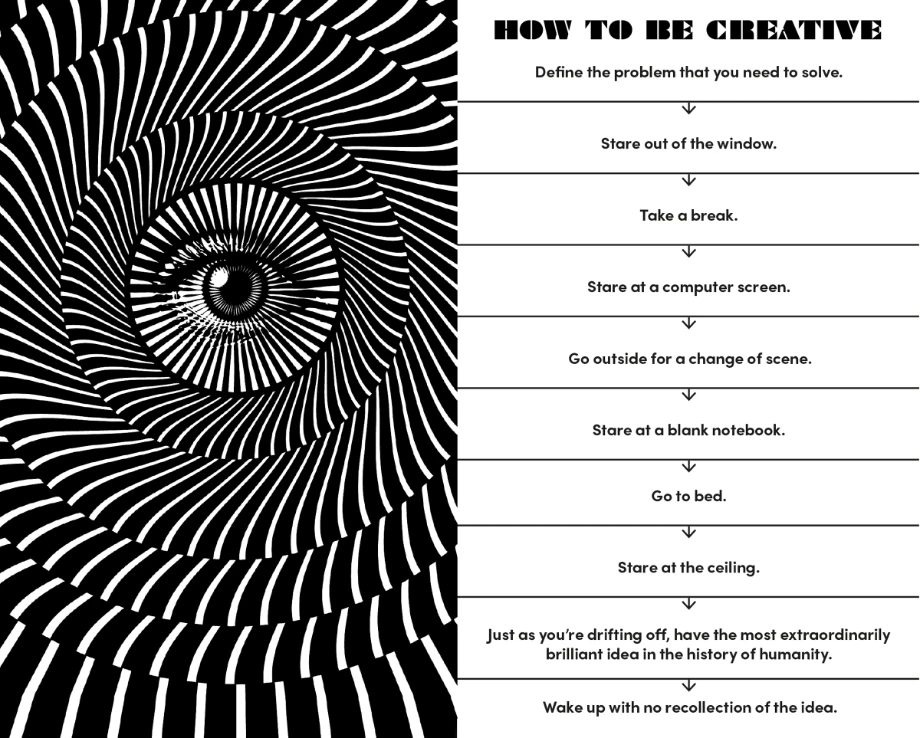When I was about 15, I got pretty heavily into The Cult.
No, I don’t mean I fell under the influence of some dodgy guru who spouted pseudo-spiritual platitudes and fleeced his followers out of their life savings. In fact I didn’t encounter any dudes like that until much later, when I joined ‘marketing Twitter’.
(Sorry.)
In this instance, The Cult I’m referring to is the English band of the ’80s and ’90s.
The album that got me into The Cult was Sonic Temple – something of a modern classic, in my opinion. Right from its distinctive opening riffs, Sonic Temple is a rollicking rock masterpiece with nary a bad track on it.

Come to think of it, maybe my infatuation with The Cult was a little cult-like after all. You see, I was so impressed with Sonic Temple that I decided to spend my life savings to that point (which must have been at least $85) on The Cult’s earlier albums. And that’s when things went a bit pear-shaped.
Without even giving it a precautionary listen, I bought their debut, Dreamtime. And it’s fair to say I was a touch disappointed.
By which I mean I felt like vomiting.
I swear I tried to give Dreamtime a decent hearing. But ultimately I decided it was a load of hot garbage.
That’s probably harsh in hindsight, and of course these things are inherently subjective. Nonetheless, I think you’d struggle to find many people (excluding all those impeccably hirsute ‘I knew that band before they were popular’ hipst/los-ers) who would rate Dreamtime anywhere near as highly as Sonic Temple.
Reflecting on it now, there’s something quite reassuring about that, because it lays bare the truth of the typical creative process.
Creativity is sometimes idealised in popular culture, in that we like to think of it as a revelatory event. Once the muse strikes, the outcome is essentially a fait accompli.
After all, Dolly Parton famously wrote ‘Jolene’ and ‘I Will Always Love You’ on the same day.
The same. Freaking. Day.
And Paul McCartney literally created ‘Yesterday’ overnight, after the melody came to him in a dream. Not too bad for the most covered song of all time.
On that point, it’s certainly true that sleep can be good for unlocking subconscious ideas, as demonstrated by (shameless plug alert) this advice on how to be creative.

So don’t get me wrong. There’s no doubt that creativity can sometimes be spontaneous – maybe even instantaneous – but the reality of creative work tends to be a lot more prosaic.
Like most artists, The Cult didn’t achieve brilliance from the outset. Hell, they barely achieved mediocrity.
But they got to brilliance in the end – and their path to it was characterised by steady improvement. In my opinion, every album along the way was an upgrade on its predecessor.
Not to draw too long a bow, but The Cult’s career progression might be considered a microcosm of the creative process in general.
To my ears, those early albums were a bit like a writer’s first drafts: inconsistent, unpolished and basically all over the place. The difference, of course, is that their ‘drafts’ were exposed to the full glare of the public domain.
At this point I’m almost inclined to think ‘those poor buggers’, but I suspect they can console themselves by frolicking in their piles of cash (which is more than you can say for most of us writers).
And in any event, there’s an even more brutal example of being publicly judged for one’s creative work. Because if musicians have it tough in terms of audience criticism, then stand-up comedians arguably have it worse.
I can’t think of many situations that would be more humiliating than doing stand-up comedy and ‘dying’ on stage in front of hundreds of people. (Well, to be fair, I can think of quite a few but they’re not fit for publication here. Try Urban Dictionary if you really want to know.)
While ‘dying’ on stage must be awful, ‘killing’ a stand-up set would surely be an exhilarating experience.
But here’s the thing. The difference between dying and killing in stand-up comedy can simply be a matter of time and timing.
From what I understand, it takes time to discover what works and what doesn’t in stand-up comedy – and sometimes this can come down to seemingly minuscule changes in the timing of one’s delivery. So it’s a process of constant refinement, and its practitioners tend to be utterly pedantic in the way they hone their routines.
I think there’s a lesson in that for all of us who work in creative industries – namely, that the creative process can be a hard slog. Sure, there will be occasions when inspiration will hit you like lightning, but most of the time you’ll just need to trudge your way through the storm.
Don’t believe any gurus who tell you otherwise.